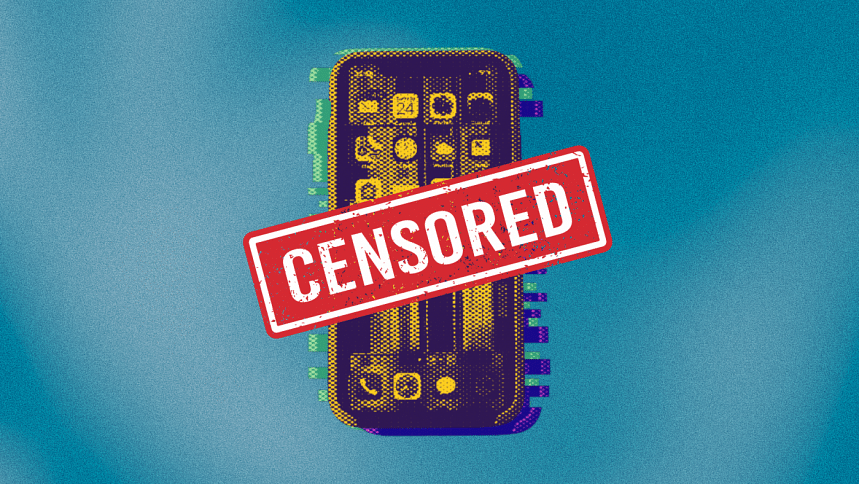The problem with social media censorship

Whether we like it or not, social media has become an integral part of our lives. Originally, it began with the intention of giving people a space to express themselves, keep in touch with friends and family, as well as connect with new people. Over the years though, its functionalities have expanded, and it has become a news portal, marketplace, and so much more.
The number of users has also skyrocketed since then, as more people have access to the internet. As a result, more content is being produced than ever before, and the people behind these sites have taken steps to moderate what exactly is being posted on their platforms. Because of this, various censorship policies have been implemented to curb any kind of hate speech and cyberbullying – but how effective is it?
Different sites have different levels of censorship, as well as varying responses to it. For example, TikTok has some of the strictest guidelines, where mentioning certain words can lead to your posts or even your whole account being taken down. Meanwhile Instagram, Facebook, and Tumblr are comparatively more lenient, but still ban certain words. The motivation behind imposing such policies was that it would discourage people from undertaking discourse about certain topics.
However, many problems arise as a result of such censorship laws. The biggest one being that some serious topics cannot be addressed without using "taboo" words. Something like mental health awareness requires some sensitive words for a proper discussion, and banning them entirely can kill any kind of fruitful conversation. Nonetheless, people have attempted to bypass this restriction by using code words, or redacting letters out.
The issue with code words is that they need to be just vague enough to fool the algorithm, while being clear enough to the viewer. This middle ground is incredibly hard to perfect, and in most cases, ends up being difficult to decipher. Due to this, misunderstandings can occur.
For example, there was a time when people were using mascara as a euphemism to discuss topics like sexual assault, and people who weren't aware of this didn't understand the implications, so they took these posts at face value. This led to many people – even celebrities – getting exposed for being insensitive, when they simply weren't aware of it. Not many users were sympathetic to the fact that not everyone on the internet is up-to-date with all the latest "trends" and can make mistakes.
There are many people who would much rather not look at content that involves these topics as it might trigger them. On places like Twitter, there's the option to mute certain words so that any tweet containing said words doesn't show up on their timeline. If users have to censor the way they speak about it, then there's not much point in taking all these precautions because there's a chance they will have to come across such content anyways.
At the same time, negativity and hate speech still manages to thrive in all of the aforementioned sites as perpetrators found more ways to get around it. There isn't a definitive answer on how to actually stop all this completely, as it's not possible to manually check the millions of posts circulating on the internet every day. But whatever it maybe, strict censorship is not the way to go.
Namreen is sick and tired. Send a reminder that life goes on at: [email protected]

 For all latest news, follow The Daily Star's Google News channel.
For all latest news, follow The Daily Star's Google News channel. 









Comments